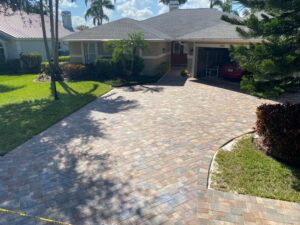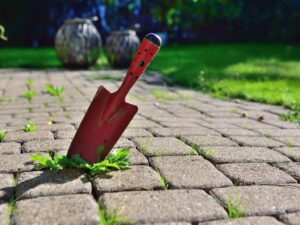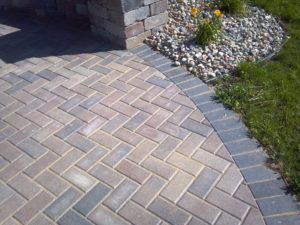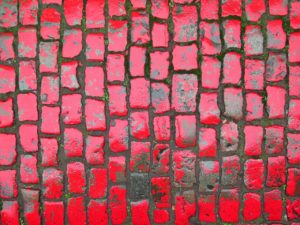Today in the hardscape industry, few things, if any, can beat the popularity of concrete pavers. They have been used for decades in many types of project, and they deliver in quality and aesthetic every single time. However, there’s currently one contender who his starting to conquer the hearts of many homeowners: the porcelain paver.
They are still not as popular as concrete pavers, but they can safely match it in most categories, and even surpass it in a few. In fact, they are starting to be considered the best paver in the market, from a cost benefit perspective.
So what makes porcelain pavers so good? What are the installation’s costs and how to start thinking about acquiring it? Let’s tackle all these questions and present you with a guide to understand porcelain pavers.
Porcelain Paver Installation Cost
The cost of a paver installation will always depend on the material you chose for your paver. The harder it is to deal with the paver in question, the more expensive it will be. Add to that price, of course, the cost of the paver itself.
Porcelain is more expensive than the most popular choices, like concrete and brick, but cheaper than natural stone options.
To have a comparison, a concrete paver installation usually ranges between $8 and $15 per square foot. Natural stone options usually stay around $20 – $55 per square foot. As for porcelain pavers, they cost between $12 and $19 per square foot. All these prices account for both the acquisition of the pavers and its installation costs.
But there’s one catch. When thinking of pavers, you cannot consider only the initial costs. The maintenance aspect of it must be taken into consideration as well. Regular cleaning and sealing are big aspects of owning any paver of any kind. And that’s where porcelain paver get ahead of the competition.
Any other paver option is porous. That means they need to be sealed in order to withstand the test of time and be protected against spills and weather effects. Porcelain pavers, however, are non-porous. Not having to worry about sealing your pavers saves you an incredible amount of money in the long run.
As what’s even better, porcelain pavers do not sacrifice any functionality and visual appeal to have this perk. On the contrary, if anything, being non-porous makes them more resistant even than concrete.
So what is the magic behind porcelain paver? How can they be so efficient? Let’s talk about that on the next section.
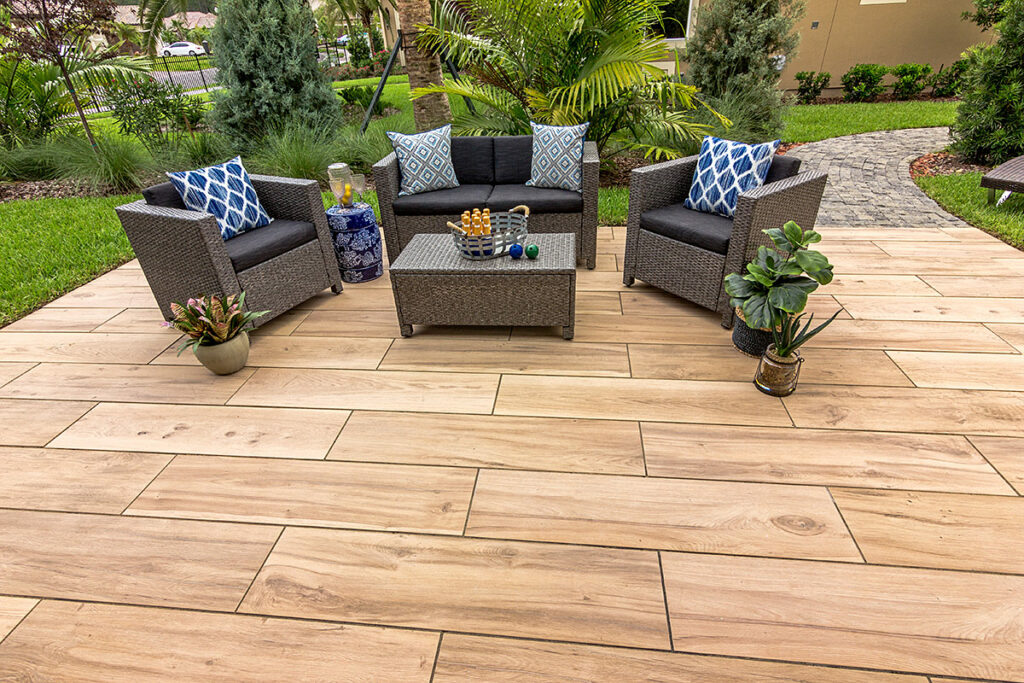
The Superiority of Porcelain Pavers
If what you picture in your mind when you read the word “porcelain” is the delicate and intricate tableware, you couldn’t be more wrong. Sure, that is one way to use porcelain, but its composition allow for the development of really sturdy blocks of the material.
Porcelain pavers are made using a unique combination of elements: feldspar, kaolin, quartzitic sand and high quality clay.
These materials are mixed together in precise amounts, creating mixes used for different purposes. That’s how you’re able to create both delicate tableware material and virtually indestructible blocks of pavers.
This mixture becomes a very fine form of mud, feeling almost like a lubricant between your fingers. In the case of porcelain pavers, the mixture is left to dry until only around 5% of water remain in the mixture. The remaining power is left stored until it is required in the blending phase.
Once the manufacturers know exactly what kind of paver they want, they add different mixtures together and create the perfect blend. This blend in then pressed into molds where it is given shape and texture.
Then the material dries even further, up until there’s only around 1% moisture in it. After that, it undergoes a second phase of texturing and coloring, if required. As the final step of the process, the material is cooked under extreme temperatures that can reach up to 1,200 degrees Celsius.
It is at this moment that one of the most important characteristic of porcelain, its non-porosity, is established. When submitted into high temperatures, the kaolin goes through what we call a vitrification process. It essentially becomes a coat of glass that surrounds the entire paver, that how it is able to be non-porous.
The resulting material is an incredibly resistant block of porcelain with pristine quality.
Installation of Porcelain Pavers
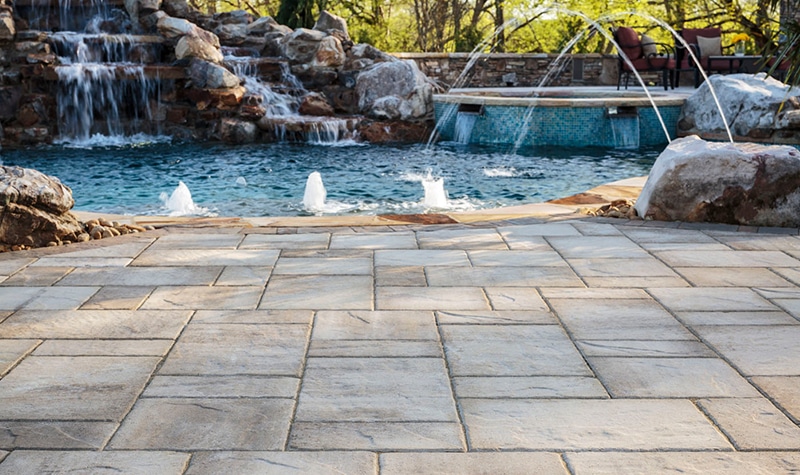
Porcelain pavers come in two variations, the standard size, for interior applications and the 20 mm thick variety, for outside applications.
The 20 mm porcelain paver is so resistant that it is often the choice for factory flooring and high traffic areas. It doesn’t require sealing or too much maintenance. It is virtually indestructible to shock damage, and it cannot be stained as long as proper cleaning practices are in order.
With an installation cost ranging from $12 to $19 per square foot, it is more expensive than the most popular options, but still way cheaper than natural stone. Cost benefit wise, it is unbeatable, as it can last for years without further maintenance investments.
However, the installation of porcelain pavers is not trivial and not encouraged to be tackled from a DIY perspective. Porcelain pavers are bigger and heavier than your regular pavers, so you’re going to need help for it.
Here at SS Pavers, over our 12 years of activity, we have helped countless homeowners with their porcelain paver installations, so we know the importance that experience and proper techniques provide during an installation. That’s why we always recommend you contact a qualified hardscape professional in your area to help you.
And in case you are around the Sarasota and Manatee Counties, our area of activity, why not give us a call to help you?
You can contact us anytime at 941-773-3098 or email us at sales@sspavers.com for a free estimate on our services.

